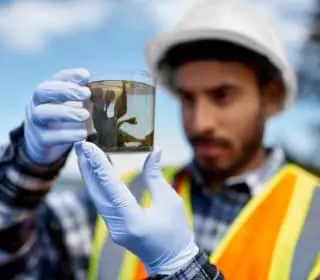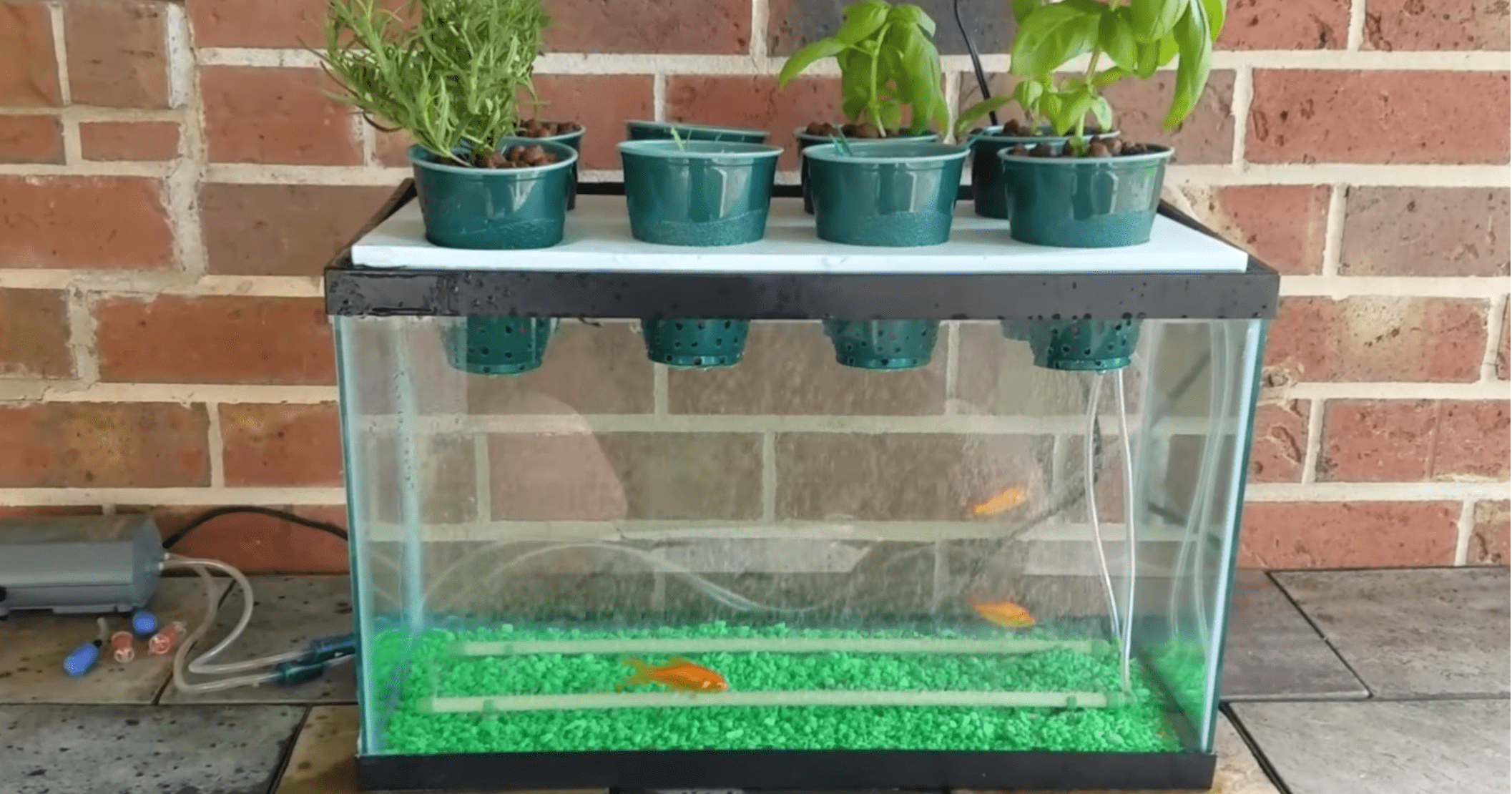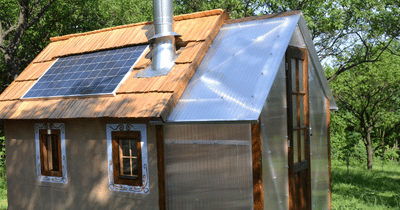
Aerospace

Agriculture & Biosystems

Biomedical

Chemical

Civil

Computer Science

Electrical

Environmental

Industrial

Manufacturing

Materials Science

Mechanical

Mining & Metallurgical

Nuclear

Petroleum
Project Management
Environmental Engineering

Most of us care deeply about stopping pollution and protecting our natural resources. Imagine yourself having more than just a passion for saving our environment, but also possessing the actual know-how to do something about these alarming problems! As an environmental engineer, you’ll make a real difference in the survival of our planet by finding ways of cleaning up our oceans, rivers, and drinking water, developing air pollution equipment, designing more effective recycling systems, or discovering safe ways to dispose of toxic waste.
Overview1
$92,120
Median salary
52,300
Number of jobs in 2020
4%
Expected job growth over next 10 years
Jobs and education
4-year degree:
- Develop ways of tracking endangered species
- Work with large industries to reduce their air pollution emissions to acceptable levels
- Invent better ways of recycling paper, plastic, and glass
- Remove bacteria and poisons commonly found in the well water of some developing countries
- Be on the frontlines of ushering in a new curricular economy that strives to create a waste-free world.
2-year degree:
- Set up experiments and tests; keep records; and collect samples related to environmental cleanup, protection, and quality.
- Follow safety guidelines and government regulations to dispose of hazardous materials and understand environmental issues and concerns.
Make a donation
References:
1. US Bureau of Labor Satistics
https://www.bls.gov/ooh/architecture-and-engineering/environmental-engineers.htm










